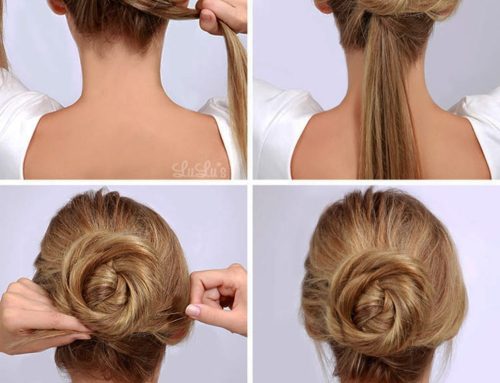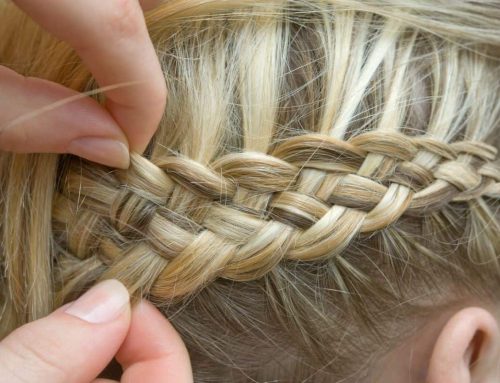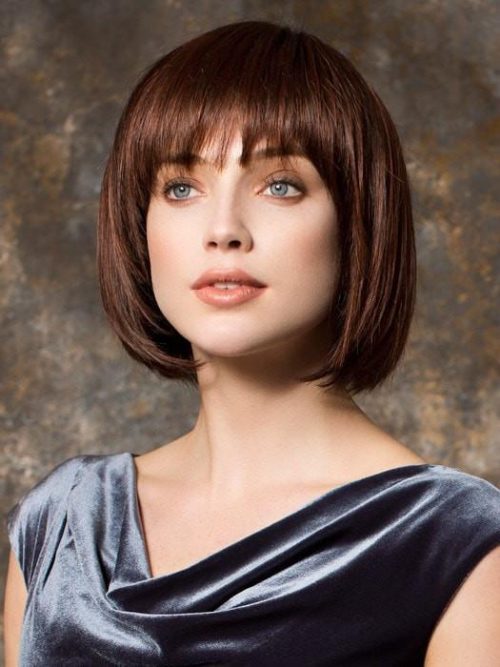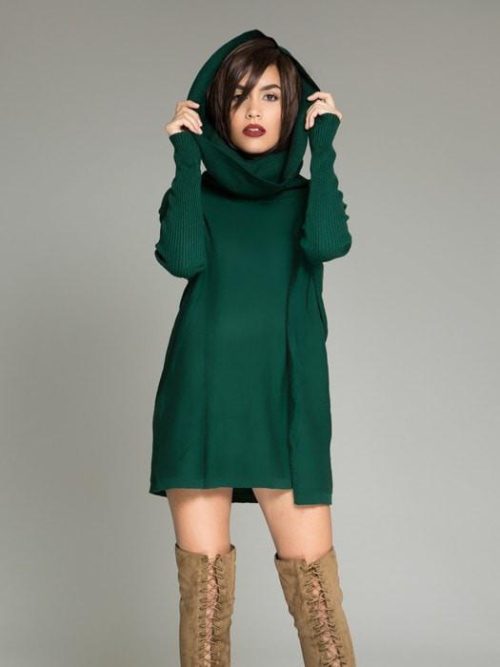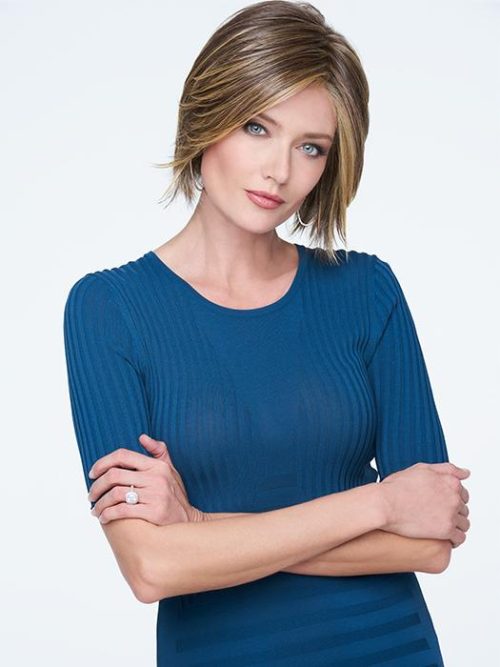Why Did Guys Rock Wigs in the 1700s? Let’s Crack the Code!
Hey There, History Buffs!
Ever flipped through a history book and noticed all those fancy dudes from the 1700s wearing massive wigs? Yeah, it looks pretty wild, right? But these weren’t just for kicks; there’s a whole story behind why men wore wigs back then. Let’s jump into this time machine and get the lowdown on this funky fashion trend!

Wigging Out: A Symbol of Cool and Class
All About Showing Off
Back in the day, if you saw a guy with a big, poofy wig, it meant he was someone important. These wigs were like the cool sneakers of the 1700s—totally a status symbol. The fancier your wig, the cooler you were. Imagine rocking up to a party with the fluffiest wig; you’d be the star of the show!
The Nitty-Gritty: Dodging Lice and Baldness
Okay, here’s a bit of a gross fact: lice were a major issue back then (yuck!). People found it easier to just shave their heads and wear a wig than deal with those pesky bugs. Plus, wigs covered up any bald spots, making everyone look like they had a full head of hair. Pretty smart, huh?
The Real Deal: Why Wigs Were More Than Just Fashion
It’s Not All Vanity
These wigs weren’t just about looking fab. They kept your head warm and made you look older, which was a big deal because older meant wiser and more respectable. Can you imagine trying to look serious and in charge with a bald head when everyone else had flowing locks?
What’s That Wig Made Of?
The best wigs were made from human hair (which sounds a bit creepy, right?), but those were super pricey. So, some people went for horsehair or goat hair wigs instead. And the color? White was all the rage, with a nice dusting of powder to top it off.

Wigs Everywhere: From Courtrooms to Canvas
Not Just a Head Thing
Wigs were such a big deal that you’d see them in courtrooms, at fancy parties, and all over paintings. If you were anybody of note, you had different wigs for day and night—like outfits, but for your head!
The End of the Wig Era
So, why isn’t everyone wearing wigs today? Well, things change. By the time the French Revolution rolled around, showing off with an extravagant wig wasn’t cool anymore. People wanted equality, and flaunting a high-end wig didn’t exactly scream “we’re all in this together.”

What’s the Takeaway From the Wig Craze?
Thinking About Fashion and Identity
This whole wig thing? It’s more than just a quirky historical fact. It shows us how fashion is a mirror of the times. What we wear, including our hair, really speaks volumes about our values and what’s going on in our world.
Wrapping Up: Hair Today, Gone Tomorrow
So, the 1700s wig trend was a mix of fashion, practicality, and social status. Next time you see one of those portraits, remember, that wig was making a statement. Now, I’m tossing it over to you: What does your style say about you? How do you use your look to express who you are? Let’s chat about our styles and what they mean to us in the comments below!
